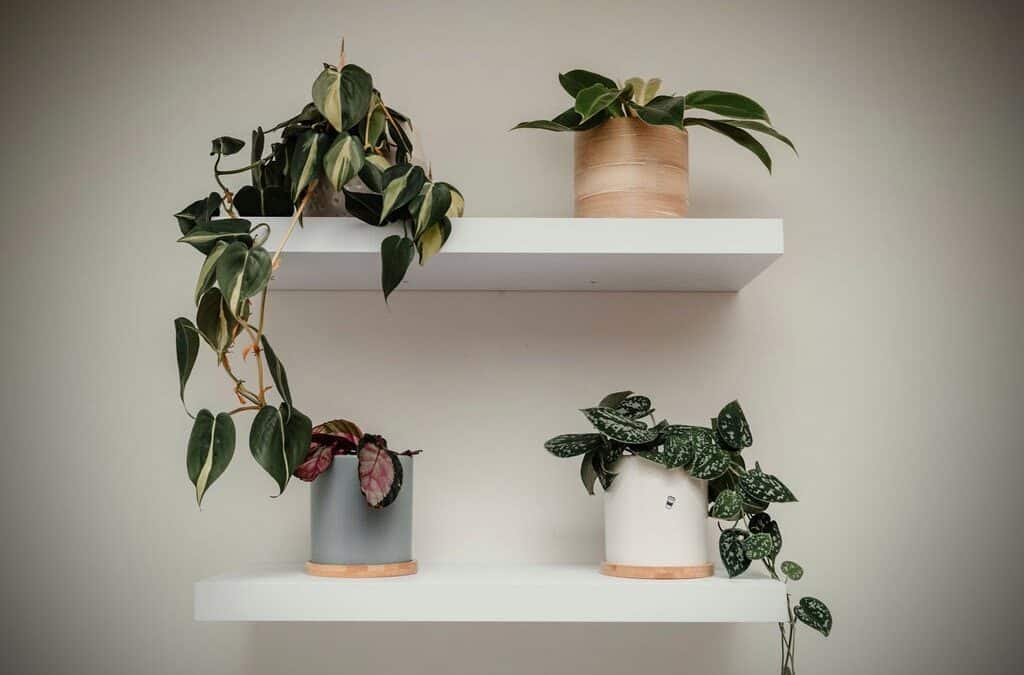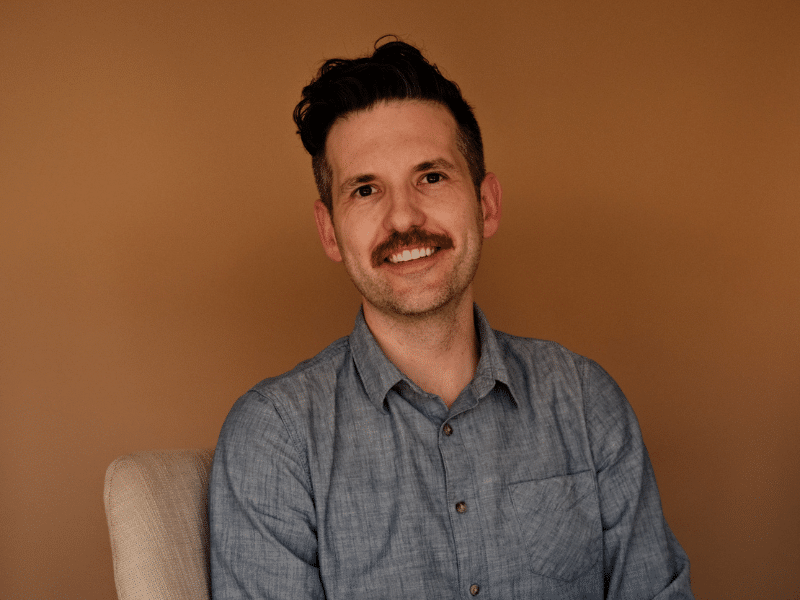Depression is quite common and it can be incredibly confusing and frustrating to try to help your partner when they are depressed. Luckily, there are some simple ways you can help support your partner who is hurting.
Take Care of Yourself
The metaphor of putting on your air mask in a crashing plane before trying to help others fits well here, too. It can be very discouraging to not know how to help your partner with depression. Often partners attempt to find something they have done that caused their partner’s depression. While this is a caring instinct, it is likely limiting the person’s ability to effectively care for themselves. Proper self-care (examples: hobbies you love, good sleep hygiene, healthy enough diet, friendships, exercise, etc…) is especially important when you are living with a partner who is suffering. The first step is to remind yourself as often as you need that your partner is not depressed because of you. You are separate people. Taking care of yourself ranks right at the top when thinking about how to help your partner. Hopefully, this will help free you up to give yourself the care you need during this difficult time.
Understand The Two Types of Depression
The most common type of depression (introjective) takes the form of a deep self-criticism. This person believes that at their core they are bad. This style of being in the world goes beyond a typical level of guilt and extends into recurrent and unconscious beliefs that they are inherently destructive, that their lust, greed, jealousy, and envy are damaging to others and must be constantly monitored. Normal human emotions begin to be something that has to be shielded from human relationships to protect the other person and preserve the relationship. The less common category of depression (anaclitic) presents as feeling chronically inadequate and a deep sense of loneliness. This person is less likely to be overwhelmed by guilt but more likely to feel a sense of shame due to feeling ineffective in attempts to help themselves. Its as if the chasm between them and others or the “good life” is impossible the cross, leaving them alone and incapable to express themselves accurately. Understanding won’t change their depression, but hopefully, it will help you understand your partner’s experience slightly better. In fact, learning to understand them in a deep and compassionate way will be one of the best ways you can help them. For many people, this means admitting that there is more to learn about their partner.
Empathy Is Greater Than Solutions
I am confident this is not the first time you have heard this advice. It is quite common, yet why is it still so important? What a depressed person needs most is the experience of being loved – to feel accepted, respected, and compassion. The irony is that the “solution” to much of the pain is to experience a nonjudgmental, emotionally consistent, empathic relationship. The person with depression has a finely tuned sense for when another person is criticizing, and giving advice or solutions is often experienced as criticism.
Fixing a problem and giving advice often feels caring from the person giving advice. Some solutions seem so simple! Helpful steps to keep in mind are to share with the person about your desire to help them. An example is, “When you talked about your conflict at work just now, I wanted give you a response to say to your coworker so that you could have felt stronger in that interaction.” The depressed person wants to know that you care, not that you can fix their problems. Lastly, if your advice is simply too good to overlook, ask them if they would like your advice. Then listen to see if they are trying to oblige you or if they would actually like your advice.
People with depression often believe that they are bad and that they are inherently destructive. It is common for them to have recurrent thoughts that their faults are too demanding on others and that they deserve rejection. This cycle perpetuates a belief that their inherent badness will mean that they will be rejected in the future. There is no solution you can offer that will win this argument they are having with themselves, but they can experience something different with you.
You Are Not Their Therapist, You Are Their Partner
It is a wonderful thing to be a partner and not their therapist. You share so much of your lives together and you get to be many roles in their life – best friend, lover, co-parent, the person by their side shopping, visiting family, etc,… When there is something hurting your partner, like depression, it is natural to attempt to help them. However, a therapy relationship has the luxury of having a very limited scope of roles. The therapist gets to work exclusively on subjects directly related to depression. They do not need to negotiate when to go on vacation, what preschool the kids will go to, or what to buy at the grocery store. Your partner needs you to be a good enough partner and they likely need a separate relationship to process the emotions, thoughts, and experiences related to their depression. A good enough partner and a good enough therapist can be very important and supportive relationships for a person with depression, and part of their strength is that they are not the same thing.
Dr. Reid Kessler is a Licensed Clinical Psychologist (PSY29855) with a practice in Encinitas, CA. He specializes in helping young adults (20s & 30s) through difficult transitions.
Dr. Kessler is now accepting new individual clients locally in his office in Encinitas, or via video conferencing to people throughout state of California.
Coastal Therapy Group
Helping people feel better & live well.


